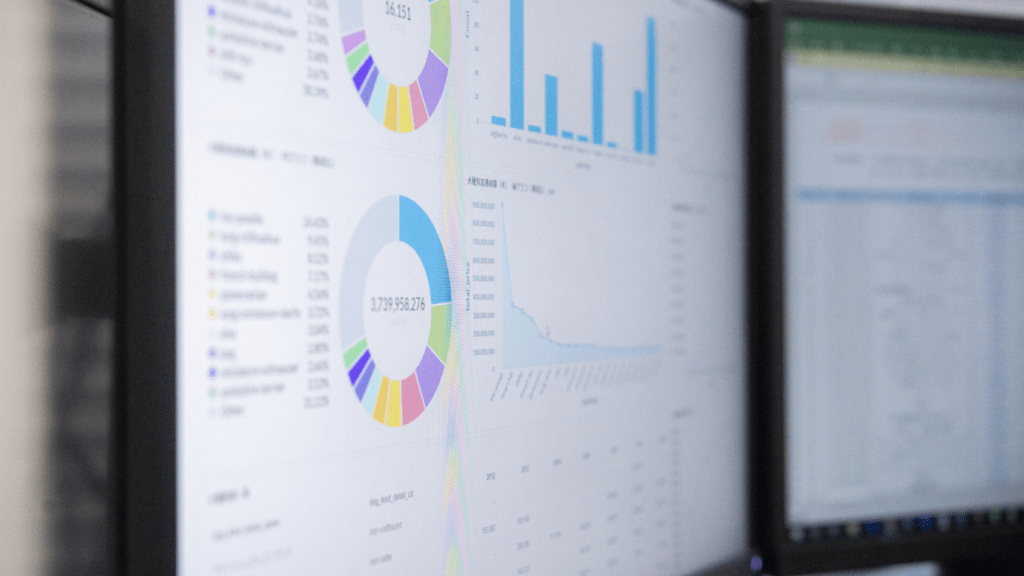In the realm of gambling, the advent of big data has revolutionized the way outcomes are predicted and analyzed. As a data enthusiast and a keen observer of trends, I’ve delved into the fascinating intersection of big data and gambling outcomes.
The insights gleaned from analyzing vast amounts of data have the potential to shape the future of the gambling industry significantly. With a passion for uncovering the hidden patterns and correlations within data, I’ve witnessed firsthand the profound impact that big data can have on predicting and influencing gambling outcomes.
Through this article, I aim to delve deeper into how big data is reshaping the landscape of gambling, offering valuable insights into the implications for both players and industry stakeholders. Stay tuned as we unravel the intricate relationship between big data and gambling outcomes.
Understanding Big Data in Gambling
Exploring the role of big data in the realm of gambling unveils a landscape rich with insights and possibilities. As a data aficionado, I delve into the intricate web of data points that shape the gambling industry.
Analyzing vast amounts of information allows me to discern patterns and trends that influence the outcomes of various gambling activities.
Leveraging Data for Predictive Analysis
Incorporating big data analytics in gambling enables the prediction of outcomes with a heightened level of accuracy. By harnessing historical data and real-time information, it’s possible to forecast potential results and make informed decisions based on statistical probabilities.
This predictive analysis empowers both players and stakeholders to anticipate trends and adapt their strategies accordingly.
Enhancing Player Experiences and Industry Strategies
- Enhancing player experiences: Big data allows operators to understand player behaviors, preferences, and patterns, enabling personalized services, targeted promotions, and immersive gaming environments to boost engagement.
- Boosting loyalty and satisfaction: This data-driven personalization not only improves customer satisfaction but also enhances overall engagement, fostering greater player loyalty within the gambling industry.
Implications for Responsible Gambling Measures
While big data offers unprecedented insights into gambling behaviors, it also raises important considerations regarding responsible gambling practices. Data analytics can be instrumental in identifying signs of problem gambling, enabling operators to implement proactive measures for player protection.
By detecting early warning signals through data analysis, the industry can promote responsible gaming practices and support individuals at risk of developing gambling-related issues.
Shaping the Future of Gambling Through Data Innovation
As the synergy between big data and gambling continues to evolve, it paves the way for innovative advancements in the industry. From optimizing operational efficiency to revolutionizing marketing strategies, data-driven insights are reshaping the landscape of gambling.
Embracing data innovation not only drives growth and competitiveness but also fosters a culture of continuous improvement and adaptation in an ever-evolving industry.
Analyzing the Relationship Between Big Data and Gambling Outcomes
In my exploration of the impact of big data on gambling outcomes, I’ve uncovered fascinating insights into how data influences the industry’s predictive capabilities and player experiences.
Data Collection Strategies in Gambling Research
In my experience, data collection in gambling research involves gathering vast amounts of information from various sources, including online platforms, customer transactions, and player interactions. By utilizing advanced technologies like artificial intelligence and machine learning, researchers can extract valuable insights to understand player behaviors and preferences accurately.
Data Analysis Techniques for Predicting Gambling Behaviors
Analyzing big data to predict gambling behaviors requires sophisticated techniques such as pattern recognition, predictive modeling, and segmentation analysis. By employing these methods, researchers can anticipate trends, identify potential risks of problem gambling, and tailor interventions to promote responsible gaming practices effectively.
Ethical Implications of Utilizing Big Data in the Gambling Industry
Exploring the ethical implications of utilizing big data in the gambling industry is essential to understanding its broader societal impact. Key concerns include privacy, data security, and maintaining responsible gambling practices, all of which require careful consideration to ensure ethical usage of player data.
Privacy and data security are paramount, as the extensive collection of personal information can create vulnerabilities if mishandled. Balancing data-driven personalization with responsible gambling interventions is crucial, ensuring that insights are used to protect players while fostering trust and safeguarding their rights.













































































































































































































































































































































































































































































































































































































































































































































































































































































































































































































































































































